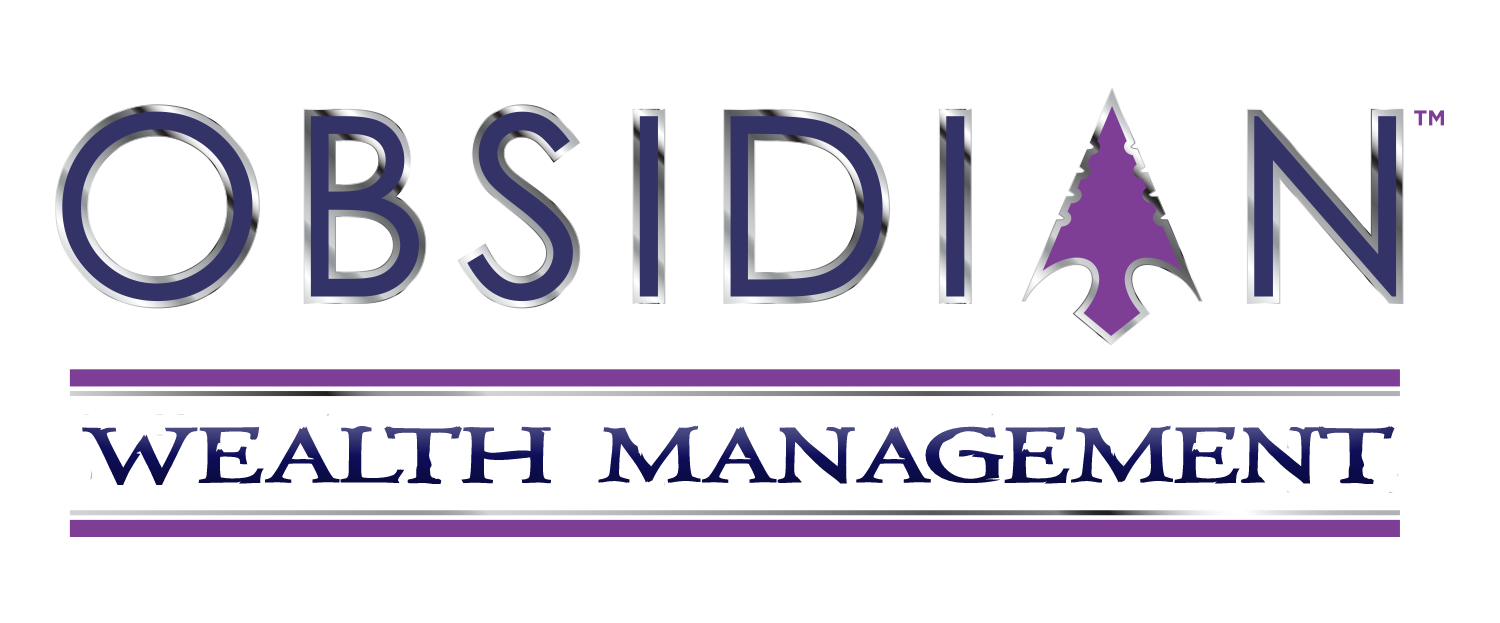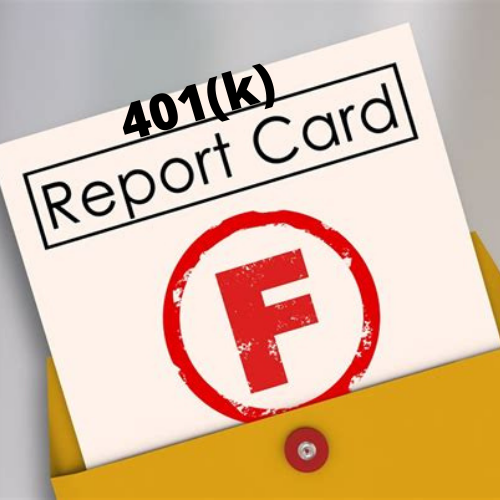Lets Start With the 401k History
It’s time we discuss why 401k’s are a bad idea however, we must first start with the history. 401ks are a old technology or retirement strategy that was created back in 1978 by accident almost. Congress passed the Revenue Act of 1978, including a provision Section 401(k) that gave employees a tax free way to defer compensation from bonuses or stock options. The law went into effect on Jan 1st 1980.
Ted Benna, a benefits consultant at the Johnson Companies seen the new law as an opportunity for employers to create a tax advantaged savings account for their employees. He stated “I knew it was going to be big, but I was certainly not anticipating that it would be the primary way people would be accumulating and saving money for retirement 40 years later.
1981: The IRS issued rules that allowed employees to contribute to this “Savings” account aka 401k plan through salary deductions, which jump started the widespread roll-out of 401(k) plans int he early 1980’s.
1983: Nearly half of all large firms offered, or considered offering a 401(k) plan. Companies like the option because it was cheaper and more predictible to fund than pensions. Employees were attracted to a new savings vehicle that, they were told, could put them in a better position to retire.
Two bull-market runs in the 1980’s and 1990’s pushed 401(k) accounts higher. Then two recessions in the 2000’s erased those gains and prompted second thoughts from some early 401(k) champions.
1990: 401(k) plans had more than $384 Billion in assets with 19 million active participants.
1996: Assets in 401(k) plans exceeded $1 Trillion dollars with more than 30 million active particpants.
2001: The Economic Growth and tax Relief Reconciliation Action resulted in several changes to the 401(k). In general, the law increased the amount that individuals and companies could contribute to the accounts. Additionally, it allowed participants over the age of 50 to make “catch up” contributions. In 2017, the contribution limit is $18,000 and the max catch up contribution is $6,000.
2006: The Pension Protection Act made it easier for companies to enroll their employees automatically into 401(k) plans. Some companies even automatically increased their employee’s contributions by 1% a year to encourage savings.
2007/2008: The major mortgage market melt down caused a major market crash which resulted in 401(k) holders to lose half or more of their 401k. Many took more than 7 years to gain what they lost. Tha tis 7 years of lost growth while still contributing to it without and gains. That hurt people big time especially those in retirement or close to it.
Today: 401(k) plans hold more than $4.8 Trillion dollars in assets. And pensions, in the private sector are increasingly rare. The great lie is that 401(k)’s were capable of replacing the old system of pensions, “former American Society of Pension Actuaries head Gerald Facciani tells The Journal. “It was Oversold.”
There is no dobut more and more amercians are putting their hard earned dollars into 401(k)s but is that the smart thing to do? Well lets find out.

